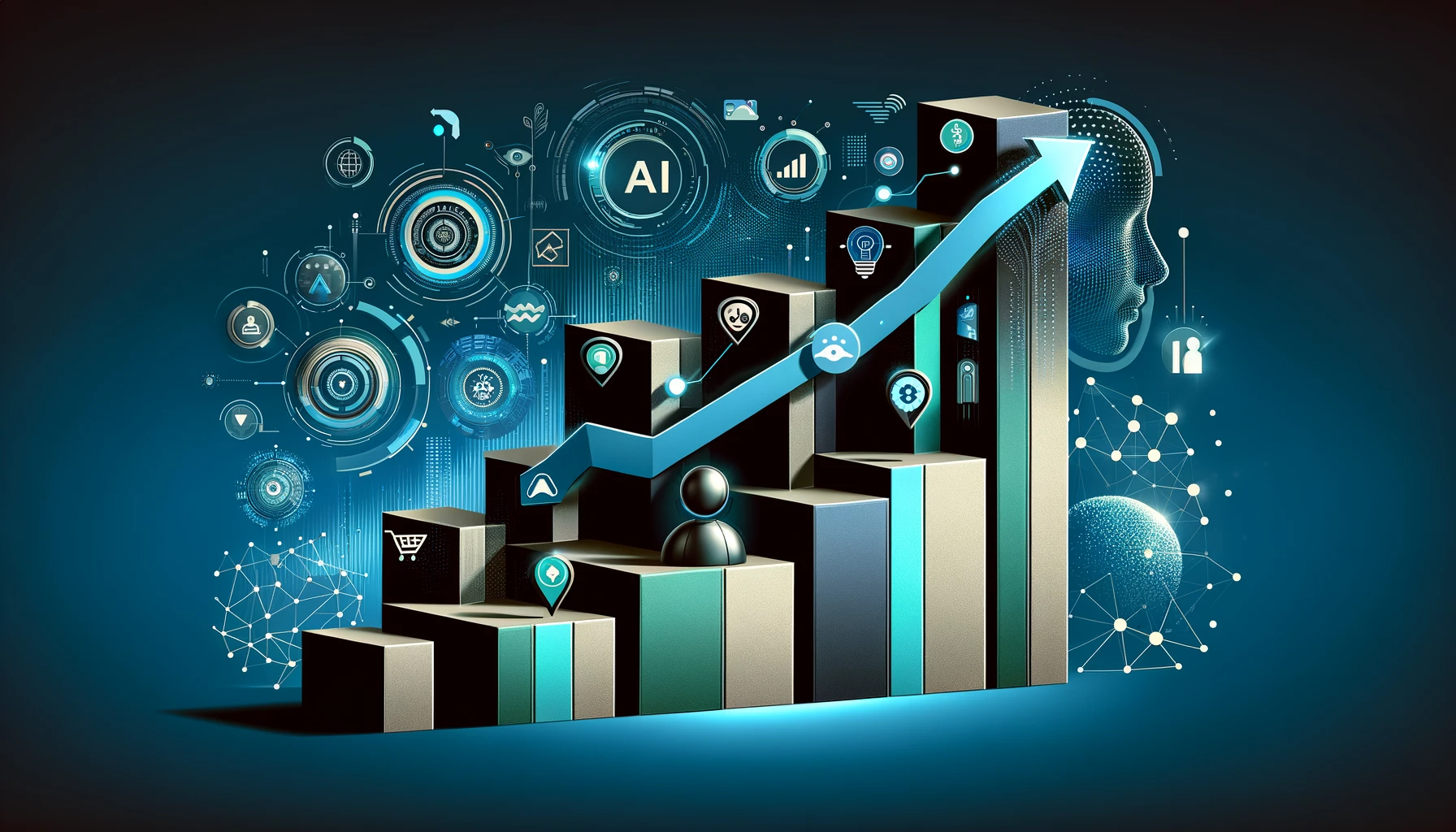AI Innovation Series – Part 5: Cultivating AI Talent: Skills and Expertise

As professional associations embark on their AI journey, the success of their endeavors significantly depends on the Skills and Expertise within their teams. This critical dimension of the AI Maturity Model is not merely about hiring talent; it's about nurturing an AI-savvy culture, underpinned by continuous learning and skill development.
Recap of the AI Maturity Model's Purpose:
The AI Maturity Model serves as a strategic roadmap for organizations to incrementally and effectively integrate AI into their operations. This model emphasizes continuous innovation and improvement across various dimensions, guiding organizations from their initial steps in AI adoption to becoming industry leaders in AI application.
Skills and Expertise - The Human Element of AI:
- Foundation Training for Staff: Equipping staff with basic AI knowledge and skills is crucial. Initiatives like 'AI bootcamps' or workshops can demystify AI and empower staff to contribute to AI projects.
- Developing Specialized Expertise: Beyond foundational knowledge, developing deep expertise in AI fields is essential for driving advanced initiatives and innovation.
- Fostering a Culture of Continuous Learning: Encouraging an environment where ongoing education and skill development in AI are valued is key to sustaining long-term AI initiatives.
Continuous Improvement in Skills and Expertise:
- Adapting to Evolving AI Technologies: As AI technologies evolve, so must the skills and expertise of the workforce, requiring a commitment to lifelong learning.
- Internal Training Programs: Implementing continuous training and development programs, such as regular bootcamps, ensures that staff remains up-to-date with the latest AI trends and techniques.
- Encouraging Cross-Functional Learning: Facilitating learning opportunities across different departments can foster a more cohesive and comprehensive understanding of AI applications.
AI Maturity Levels and Skills & Expertise:
- Unaware to Exploratory: This stage focuses on raising awareness and providing basic AI education to staff members.
- Developing to Mature: At these levels, specialized training and the development of in-house AI expertise become priorities.
- Transformative: Organizations with transformative AI maturity have established a culture of excellence in AI, with continuous learning and innovation at their core.
Conclusion:
The Skills and Expertise dimension in the AI Maturity Model is about building the human capacity to drive AI innovations. For professional associations, investing in foundational training, like AI bootcamps, and fostering a culture of continuous AI education are crucial steps toward realizing their AI ambitions. Our next post will delve into the dimension of AI Applications, examining how these skills and expertise translate into real-world AI solutions.
Need to help your team develop AI Skills and Expertise? Let’s talk about our AI Bootcamps for Associations. Reach out today for a free consultation.



